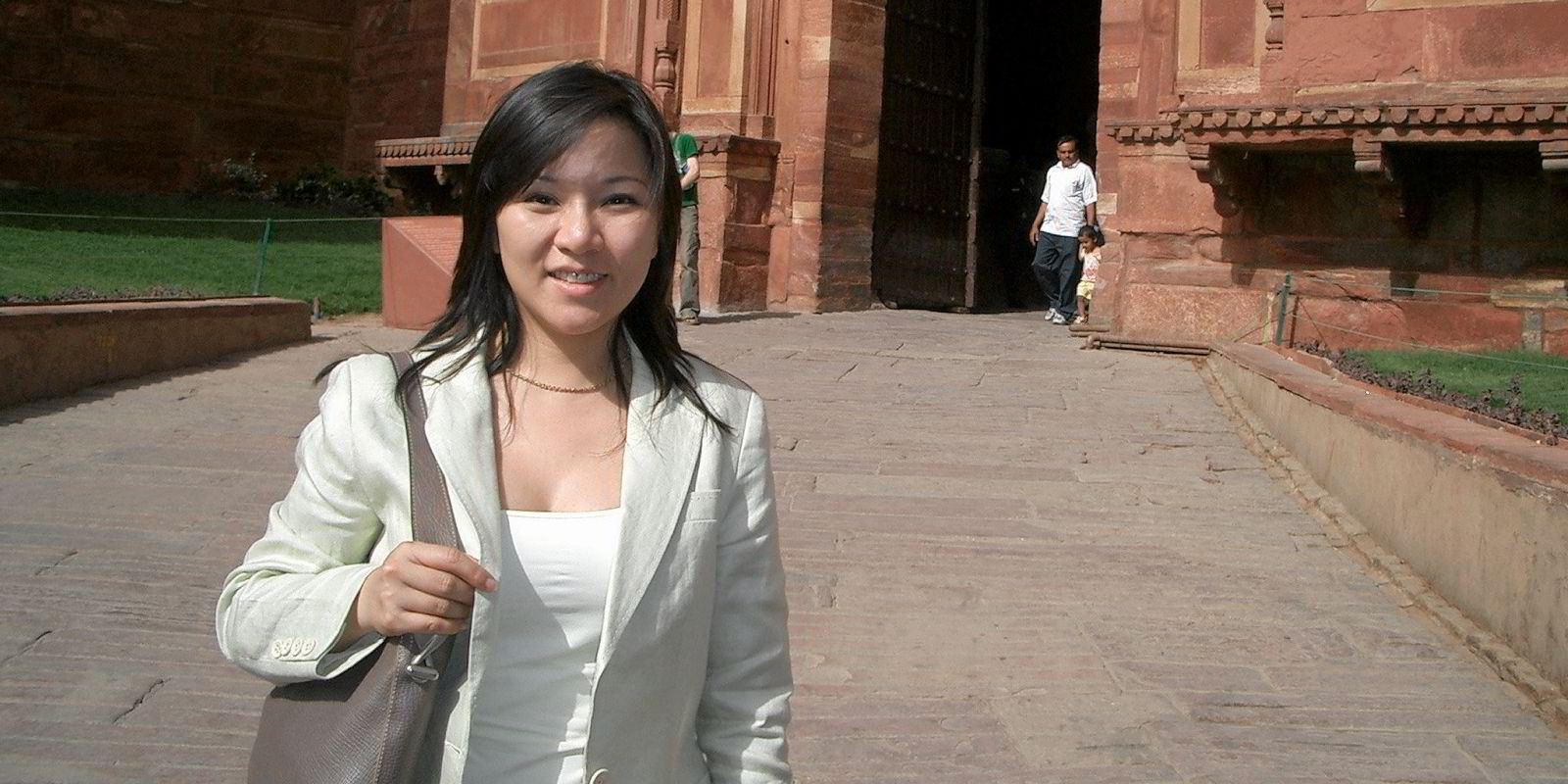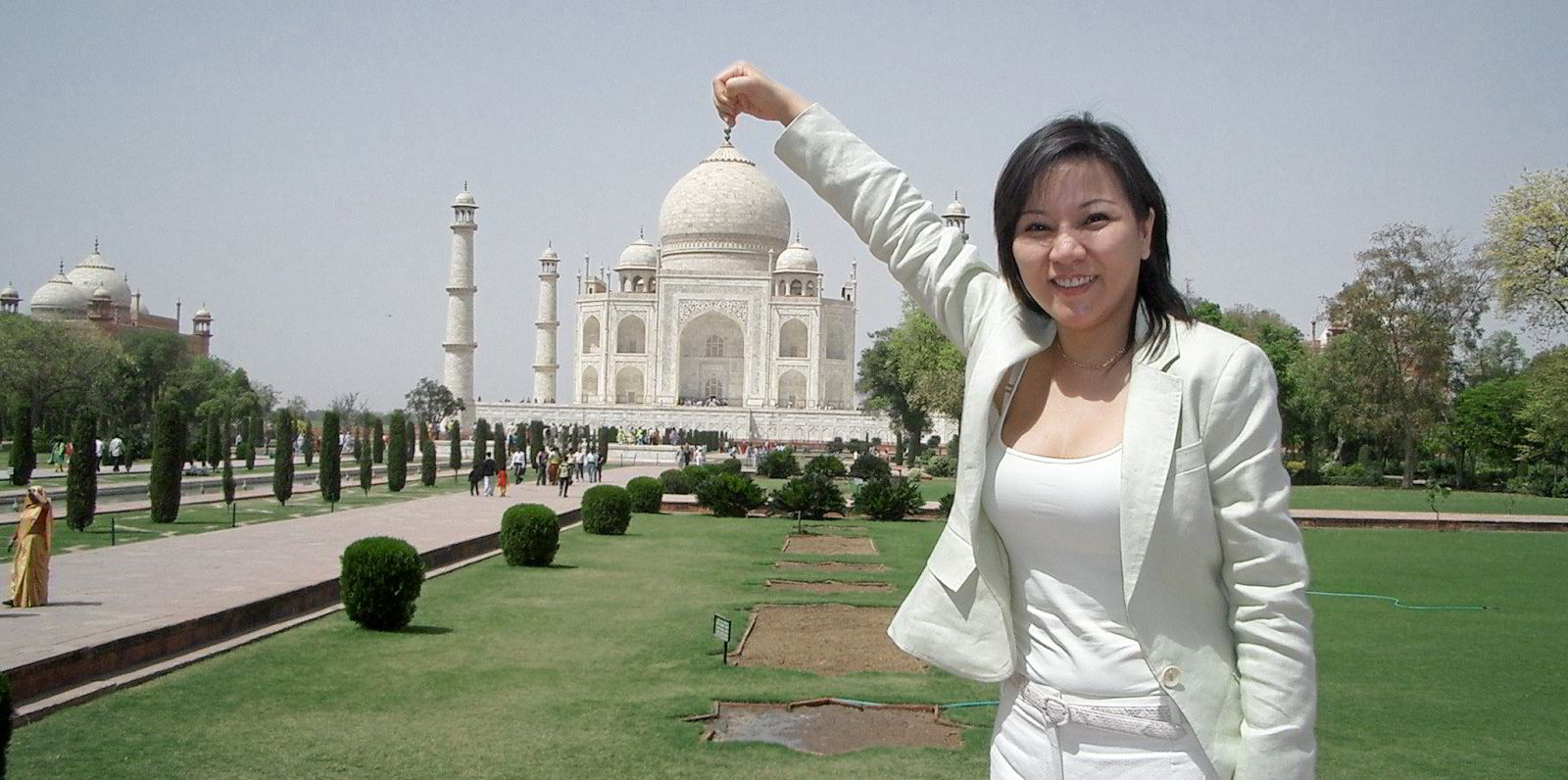The Hong Kong High Court has thrown out a shadowy shipowner’s three-year lawsuit against a prominent shipping lawyer and rejected allegations she misused confidential information in representing another client.
The 5 May appellate decision by Hong Kong judge Bebe Pui Ying Chu puts an end to a claim of some HKD 62m ($7.89m) against Hong Kong’s Brenda Chark by a Panamanian-registered company, Bonita.
Bonita has managed to keep itself obscure so far except as a litigant. But it is known to have close links to shipowners in Taiwan and South Korea.
Bonita’s lawsuit against Chark started in July 2019 in the aftermath of a three-way dispute over the termination of a kamsarmax charter, as a result of a telephone conversation in which Bonita representative Lee I-Ying approached Chark to take the case on Bonita’s behalf.
In two unrecorded calls, Chark allegedly warned Lee she might be asked to represent another party instead, South Korean shipowner Daelim Corp, but offered some preliminary advice that the judge characterised as “generic”.
Within days, Chark was representing Daelim, and won, among other things, an order freezing some $1.3m of Bonita’s money in Hong Kong. Bonita sued her for allegedly using material information Lee had confided in the phone calls.
In rejecting Bonita’s appeal, judge Chu confirmed an earlier ruling that Bonita is barred from reopening the case against Chark.
Neither Bonita’s Hong Kong lawyer Willam Leung nor Chark herself responded immediately to requests for comment.
Nothing up my sleeve
The underlying three-way deal was a so-called “sleeve charter”, and a lucrative one for Bonita, in which it served as an intermediary between two well-known owners, Daelim and Taiwan’s Eastern Media International and its affiliated co-charterer, Far Eastern Silo.
Under twin five-year bareboat charters done in December 2010, Eastern Media was paying Bonita $16,500 per day for the 81,805-dwt DL Carnation (built 2014), Daelim was getting $15,400 per day, and middleman Bonita was pocketing the $1,100-per-day difference for its troubles.
Eastern Media extended the charter for another term through to August 2020. But by June 2019, it wanted to redeliver and agreed with Daelim to pay a settlement.
Under a termination settlement agreement, it agreed to pay $5.95m directly to Daelim and $464,000 to Bonita, based on the days remaining in the charterparty.
But at that point, Bonita was two months behind on hire payments, worth some $939,000, and Daelim was accusing the middleman of criminal fraud.
Nor did Daelim credit Bonita’s assurances that the cheque was in the mail.
“We have requested full payment of the hire and/or substantiating document to prove that your bank, HSBC, is holding the payment as per your allegation,” wrote a Daelim representative, who said the company “cannot but consider Bonita’s allegation for payment of hire appears to be no more than a fraud”.
Unless genuine evidence of payment was forthcoming by the next day, Daelim would take “all necessary actions, including filing criminal charges against Bonita without further notice”.
Daelim was demanding to be paid Bonita’s share of the settlement, which it said it had a right to under an assignment of hire agreement. The Taiwanese end-user was uncertain what to do.
The dispute over the termination settlement agreement would ultimately be litigated in the high courts of both London and Hong Kong. It was in that context that Bonita had telephoned Chark.
No resurrection
The legal claim has caused complications for Chark’s law practice in Hong Kong, said judge Chu, whose decision confirms an October 2021 ruling that barred Bonita from voluntarily withdrawing the case so that it could possibly refile it later.
“[Chark’s] evidence is that as a result of this action, she has been required to prove to the Hong Kong Law Society since 2019 her financial ability to satisfy any potential judgment against her ... as a condition of the annual renewal of her practising certificate,” wrote the judge, saying that there would be real prejudice to Chark “if [the plaintiff] is allowed to simply resurrect its claim whenever it wishes”.
“[The] Court will impose such conditions on discontinuance as are necessary to prevent the plaintiff from vexing the defendant with a revived claim based on the same subject matter, or depriving the defendant of a fairly obtained advantage in the litigation,” Chu wrote.




